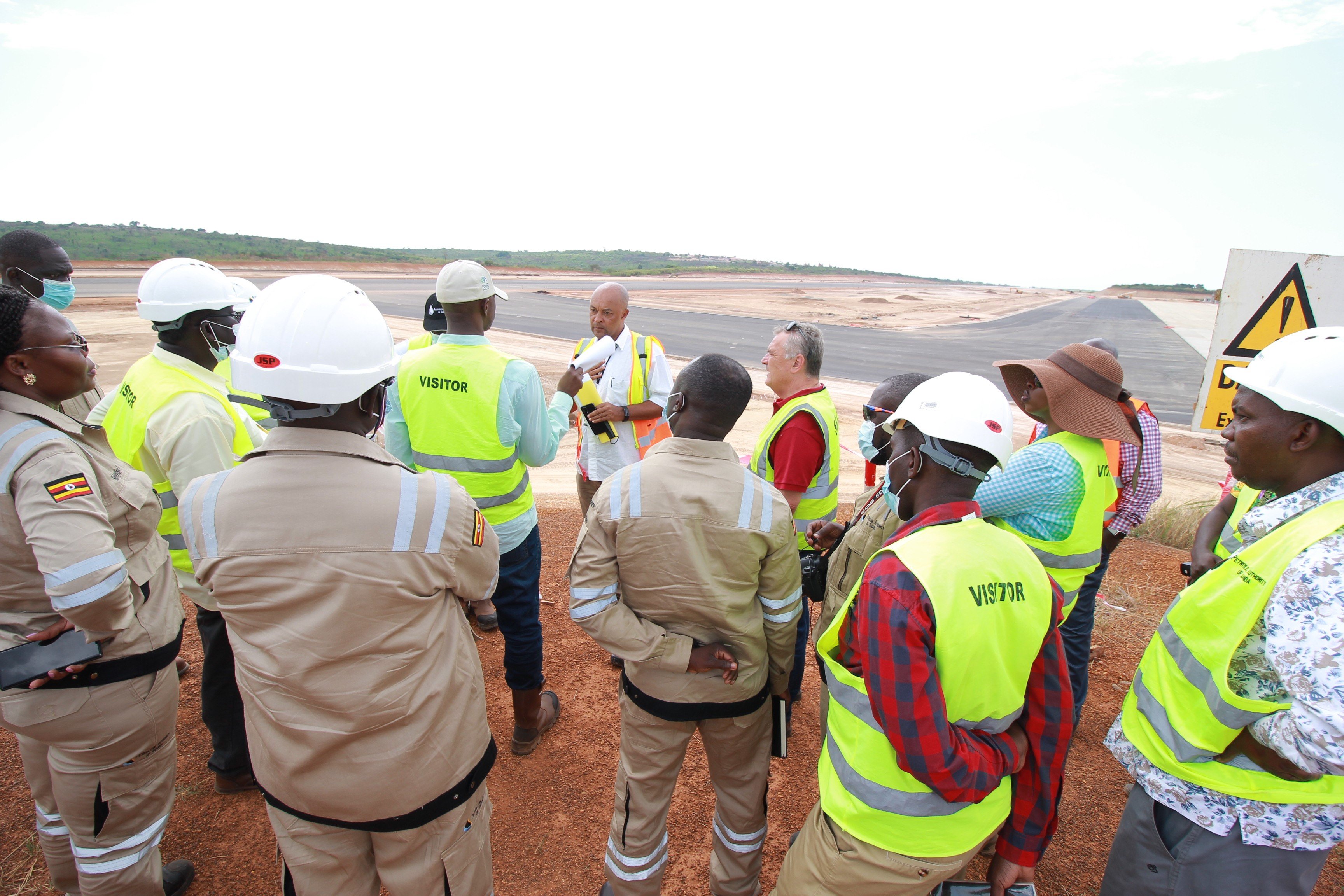Omitting a national content plan will cost you a contract

Oil operators have a duty to consider Ugandans, Ugandan companies, goods and services within the country while placing bids in the oil and gas sector. PHOTO | PAUL MURUNGI
As Uganda’s oil and gas sector settles into the development phase, the question on everyone’s mind is how best the country can retain as much value as possible.
The signing of the Final Investment Decision on February 1 by joint venture partners in the Tilenga, Kingfisher, and East African Crude Oil Pipeline (EACOP) projects unlocked $10b worth of investment in the sector.
This investment is part of the between $15b and $20b expected to be invested in the broader gas and oil sector during the construction phase, that is estimated to last three to five years.
One of the best and lasting strategies to ensure value retention in Uganda is to ensure that Ugandans and Ugandan companies participate and benefit from the projects.
In 2008, Cabinet approved the National Oil and Gas Policy, whose objective is to ensure optimum national participation in the oil and gas activities.
This gave a basis for the petroleum sector laws – the Petroleum (Exploration, Development, and Production) Act 2013, the Petroleum (Refining, Conversion, Transmission, and Midstream Storage) Act 2013, and the more recent EACOP (Special Provisions) Act 2021.
These laws, together with their attendant regulations, mandate oil and gas operators and licensees to give preference to Ugandan companies, individuals and entities, as well as locally manufactured goods and services in the course of their procurement activities.
The Petroleum Authority of Uganda ensures compliance by checking that every procurement undertaken in the sector includes and weights national content in the bid evaluation process.
The law defines national content as the level of use of Ugandan local expertise, goods and services, Ugandan companies, citizens, registered entities, business and financing in petroleum activities, or the substantial combined value added or created in the Ugandan economy through utilisation of Ugandan human and material resources for the provision of goods and services to the petroleum industry in Uganda.
The first step for every bidder participating in procurements in the oil and gas sector is to propose a national content plan as part of a bid proposal.
This is a critical requirement, carrying at least 10 percent of the total evaluation score during the evaluation process.
To emphasise how critical this requirement is, the law mandates the licensees to award a contract to the bidder with the highest national content score, whenever bids are close to each other at financial evaluation, by a margin of at most 5 percent.
Therefore, suppliers who intend to win contracts in the oil and gas sector need to propose a competitive national content plan to get an edge during the evaluation process.
The Authority has observed, however, that some suppliers fail to put together a comprehensive and convincing national content plan, thus affecting their chances of winning contracts in the sector.
Issues in national content plan
The PAU will, therefore, look at the key issues that need to stand out in a national content plan.
For starters, licensees have their respective internal national content policies that inform the national content programmes and targets that they intend to achieve over an agreed period of time.
As part of the invitations to tender documents, therefore, bidders will normally be given a guide on the minimum national content expectations that they will need to consider as part of their national content plans.
Over and above these minimum expectations, bidders have an opportunity to tailor relevant and reasonable national content initiatives for each procurement they participate in.
As a bidder, you should have done your homework and identified the parties you will work with and where you will source your requirements, both nationally and at the community level.
The regulations provide for three broad parameters that bidders should articulate in a national content plan including employment and training of Ugandan citizens, utilisation of local goods and services and proposals for technology transfer.
A sound national content plan, therefore, includes specific initiatives such as the number of Ugandans to be employed or assigned to the contract in subject and their respective positions or roles, the percentage value of the wage bill allocated to these employees, any proposed training initiatives for Ugandan employees together with the duration and expected certifications, if any, internship opportunities for students and collaborations with training institutions to enhance their expertise.
A winning national content plan should also include local goods and services to be sourced within the country during the execution of the contracts together with their estimated value, opportunities for subcontracting local companies as well as any identified potential subcontractors, any enterprise capacity development initiatives and a monitoring and reporting mechanism for the proposed national content initiatives.
Important
It is important that a winning national content plan is measurable, specific, relevant, and aligned to the licensees’ overall national content aspirations and targets. This not only allows the licensees to evaluate a national content proposal adequately and fairly, but it also eases the reporting and monitoring activities for both parties. Bidders are also encouraged to familiarise themselves with the legal framework that governs the sector to get a foundation and knowledge of suppliers’ duties and rights.
Alex M. Byamukamais a National Content Officer-Contracts at the Petroleum Authority of Uganda.
Email: [email protected]




